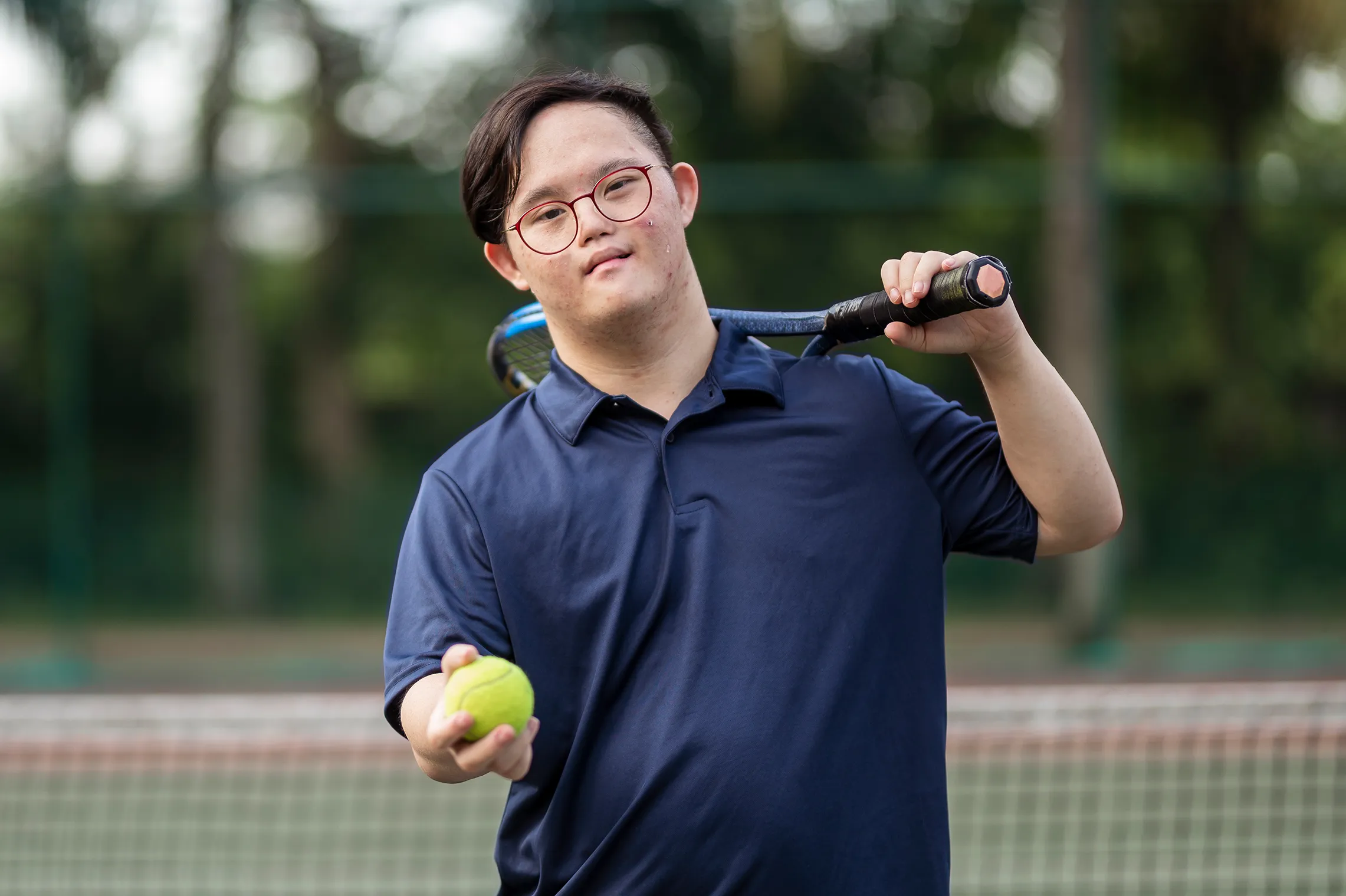
The Importance of Adaptive Physical Education for Students with Disabilities
Adaptive Physical Education (APE) is a crucial component of the educational experience for students with disabilities. It provides a tailored approach to physical education that meets the unique needs of each student, promoting physical fitness, social skills, and overall well-being. This blog explores the significance of APE, its benefits, and local resources in New Jersey that support adaptive physical education.
Understanding Adaptive Physical Education
What is Adaptive Physical Education?
Adaptive Physical Education is a specially designed program that modifies traditional physical education activities to accommodate the abilities of students with disabilities. The goal is to ensure that all students, regardless of their physical or cognitive limitations, can participate in physical activities that promote their health and fitness.
Legal Framework
The Individuals with Disabilities Education Act (IDEA) mandates that physical education be made available to all students with disabilities. This federal law ensures that students receive appropriate services and accommodations to participate in physical education programs.
Benefits of Adaptive Physical Education
Physical Health
APE promotes physical fitness by encouraging regular exercise, which is essential for maintaining a healthy lifestyle. Regular physical activity helps prevent obesity, improves cardiovascular health, strengthens muscles, and enhances flexibility. For students with disabilities, APE provides opportunities to develop motor skills and coordination, which are vital for everyday activities.
Social Skills
Participating in APE helps students with disabilities develop social skills by interacting with peers and instructors. These interactions foster teamwork, communication, and cooperation, which are essential for building relationships and integrating into the community. APE activities often include group games and sports that encourage social engagement and collaboration.
Emotional Well-being
Physical activity has been shown to reduce stress, anxiety, and depression. APE provides a supportive environment where students can experience success and build self-esteem. Engaging in physical activities helps students feel more confident and capable, which positively impacts their emotional well-being.
Academic Performance
Research indicates that physical activity can improve cognitive function and academic performance. APE helps students with disabilities enhance their focus, memory, and problem-solving skills, which can translate to better performance in the classroom.
Local Resources in New Jersey
Special Olympics New Jersey
Special Olympics New Jersey offers various adaptive sports programs for individuals with disabilities. These programs provide opportunities for physical activity, skill development, and social interaction. Special Olympics New Jersey also offers training and resources for educators and coaches to implement effective APE programs.
New Jersey Department of Education
The New Jersey Department of Education provides guidelines and resources for implementing APE in schools. They offer professional development opportunities for educators and information on creating inclusive physical education programs that meet the needs of all students.
The Arc of New Jersey
The Arc of New Jersey advocates for the rights and inclusion of individuals with disabilities. They provide resources and support for families and educators, including information on adaptive physical education and how to create accessible physical activities.
YMCA of Greater Monmouth County
The YMCA of Greater Monmouth County offers adaptive fitness programs and recreational activities for individuals with disabilities. These programs are designed to promote physical health, social skills, and overall well-being in a supportive environment.
Embracing Adaptive Physical Education
Adaptive Physical Education is vital for ensuring that students with disabilities have access to the same opportunities for physical activity and health as their peers. By promoting physical health, social skills, emotional well-being, and academic performance, APE plays a critical role in the holistic development of students with disabilities. In New Jersey, numerous resources and organizations are dedicated to supporting APE and creating inclusive environments for all students. For more information and assistance, visit Special Olympics New Jersey, the New Jersey Department of Education, and The Arc of New Jersey. Embrace the benefits of Adaptive Physical Education to enhance the lives of students with disabilities and ensure they reach their full potential.





